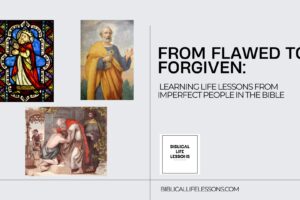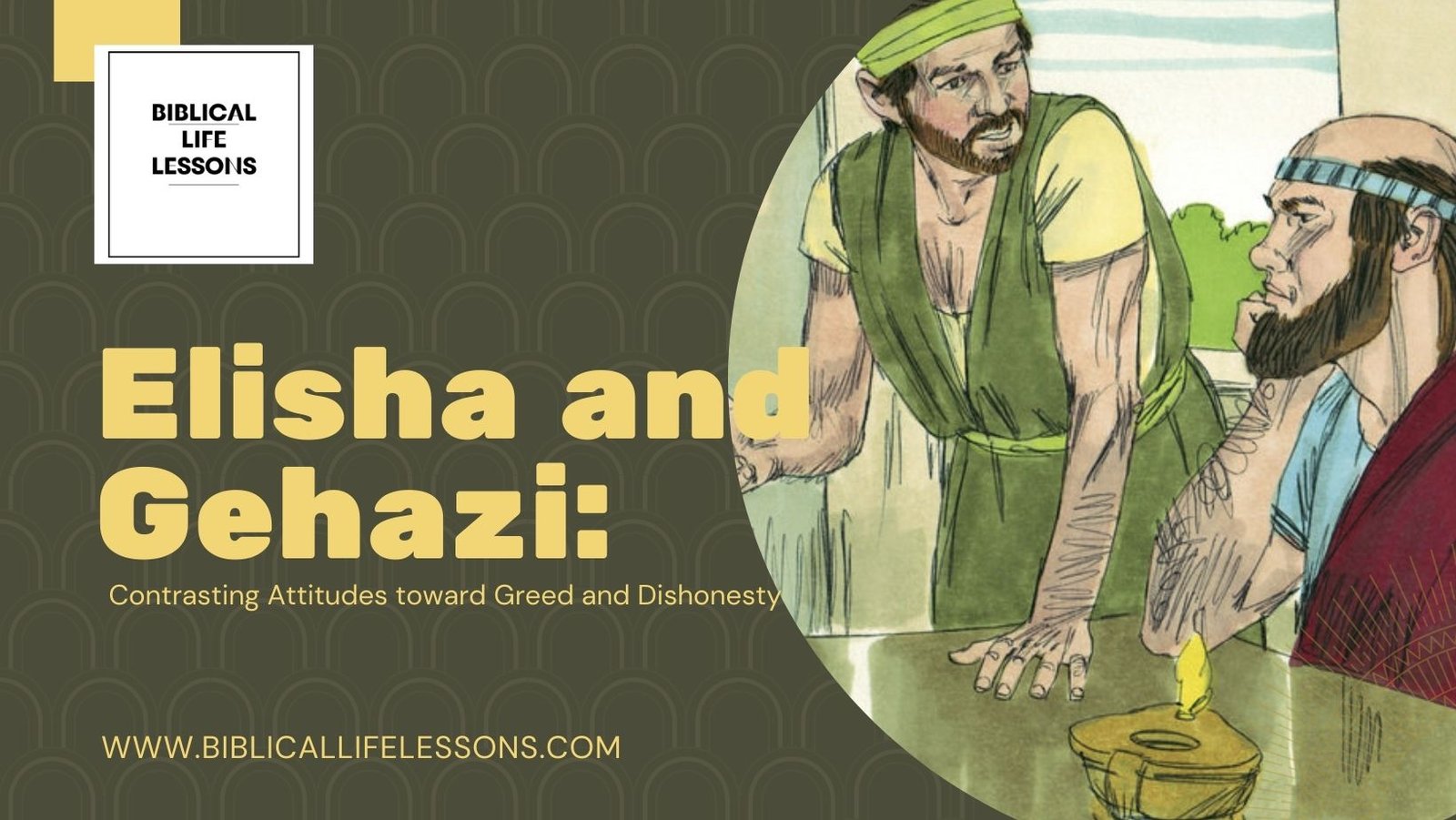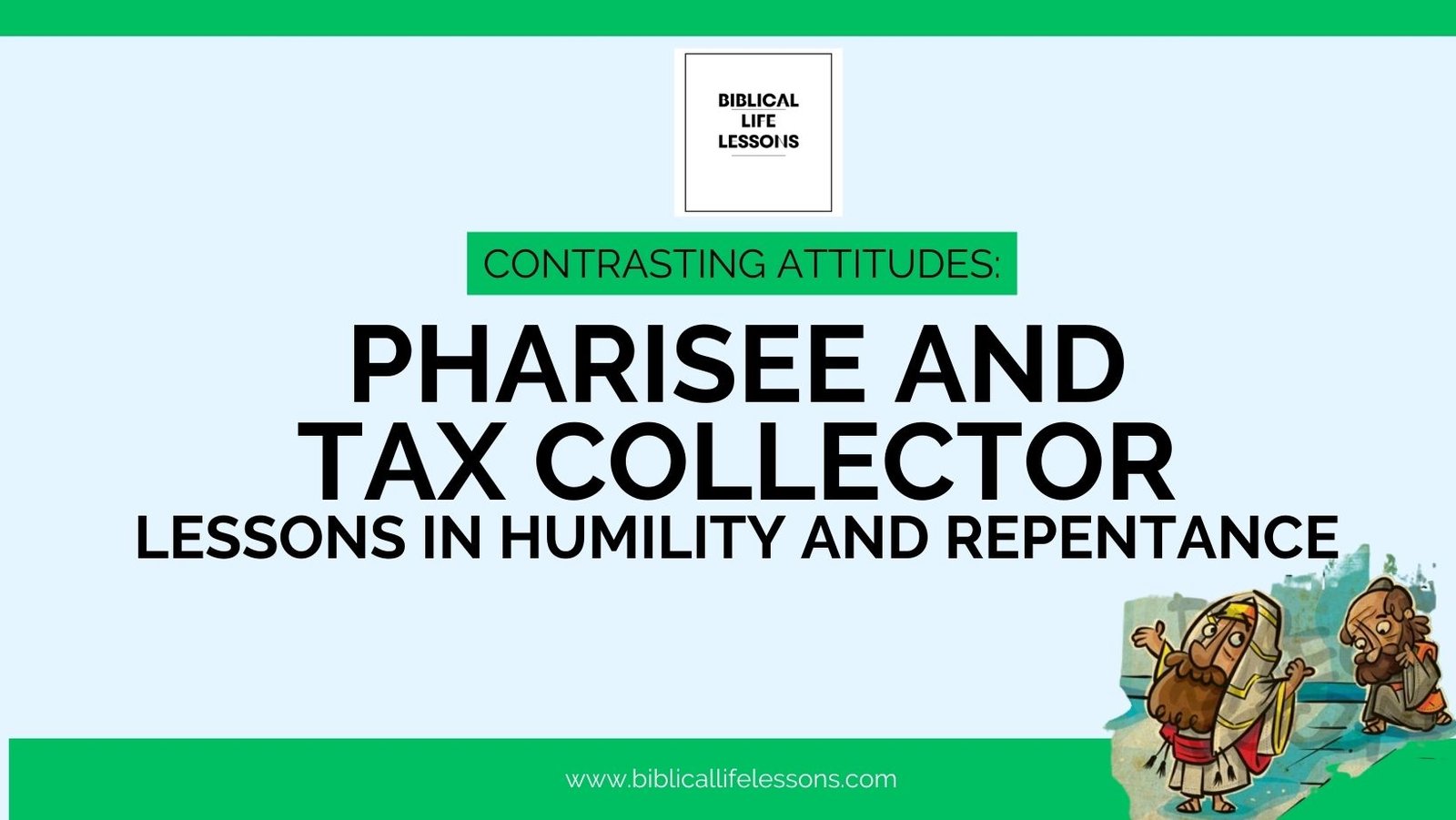The story of Elisha and Gehazi, as recorded in the Bible, provides a compelling contrast between attitudes toward greed and dishonesty. This article explores the narrative of these two figures and the lessons we can glean from their divergent paths.
Elisha: A Model of Integrity
Elisha, the prophet and successor of Elijah, epitomizes integrity and faithfulness in his service to God. This section examines Elisha’s unwavering commitment to righteousness and his steadfast refusal to compromise his principles for personal gain.
Gehazi: Succumbing to Greed
In contrast to his master, Gehazi, Elisha’s servant, falls prey to the temptation of greed and dishonesty. This part delves into Gehazi’s pivotal role in succumbing to the lure of material wealth and the consequences of his actions.
The Incident of Naaman’s Healing
The turning point in the story occurs when Elisha heals Naaman, the commander of the Syrian army, from leprosy. Despite Naaman’s offer of riches, Elisha refuses any compensation, showcasing his commitment to God’s principles of grace and generosity.
Gehazi’s Betrayal
Unable to resist the allure of wealth, Gehazi secretly pursues Naaman and dishonestly acquires silver and garments under false pretenses. This section explores Gehazi’s betrayal of his master’s trust and the far-reaching implications of his actions.
Consequences of Greed and Dishonesty
As a result of his deceit, Gehazi incurs the wrath of God and is afflicted with Naaman’s leprosy. This part highlights the sobering consequences of greed and dishonesty, underscoring the principle that ill-gotten gains ultimately lead to ruin.
Lessons Learned
The contrasting attitudes of Elisha and Gehazi offer profound lessons for readers today. This section reflects on the importance of integrity, humility, and contentment, urging readers to emulate Elisha’s example and avoid the pitfalls of greed and dishonesty exemplified by Gehazi.
Redemption and Restoration
Despite Gehazi’s transgressions, the story also offers a glimpse of God’s mercy and forgiveness. This part explores the potential for redemption and restoration, underscoring the transformative power of repentance and God’s grace.
In conclusion, the story of Elisha and Gehazi serves as a timeless reminder of the consequences of greed and dishonesty, as well as the importance of integrity and righteousness in the sight of God. By examining their contrasting attitudes, we are challenged to examine our own hearts and strive for a life marked by faithfulness, honesty, and humility.











